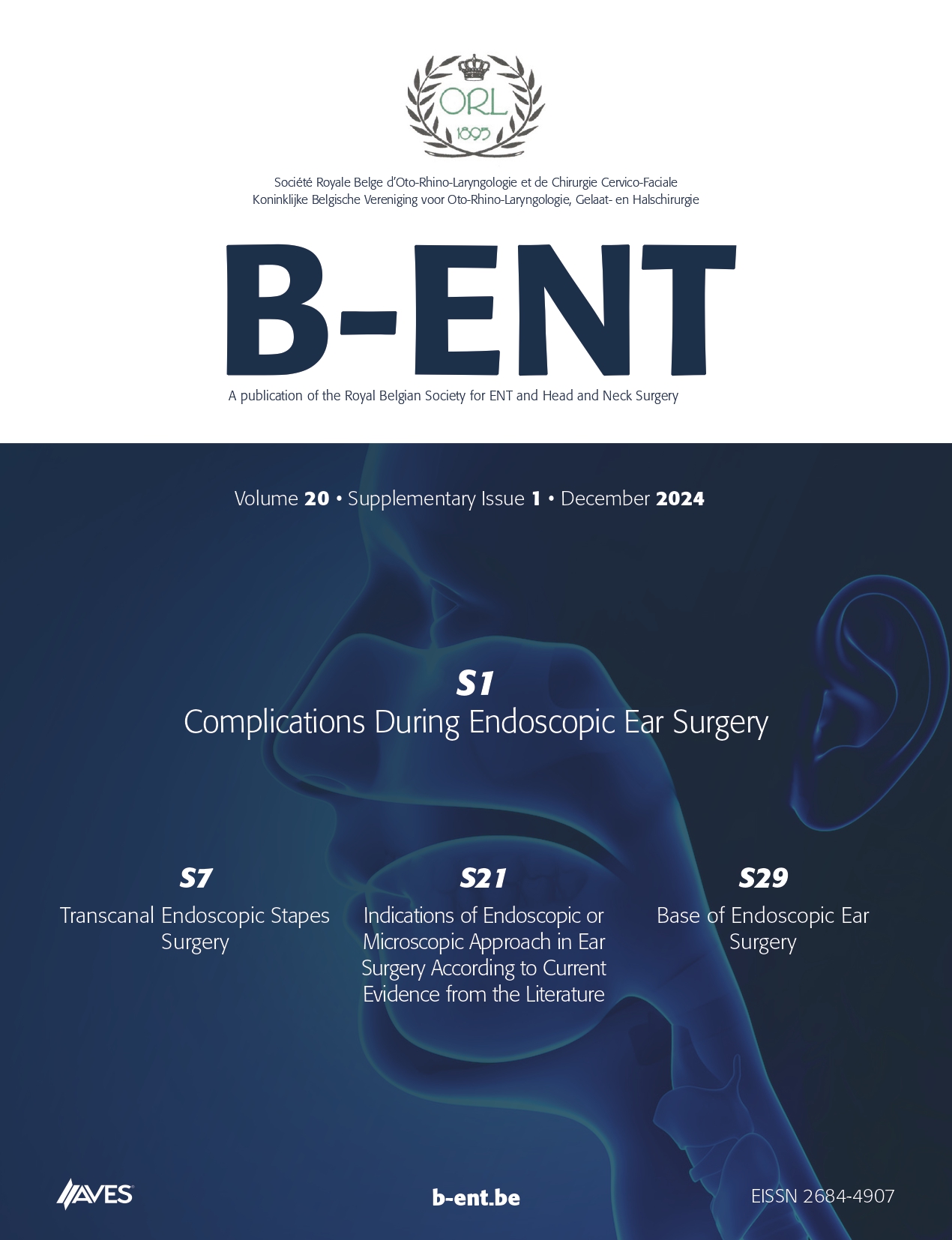Tinnitus. This article is based on a review of the literature and the experience of some experts. Its goal is to present an overview of the physiopathology of tinnitus and perspectives of treatment based on recent publications. Tinnitus is a problem of society, affecting about 10% of the population. The causes of tinnitus are extremely diverse. Objective tinnitus is generally pulsatile and from arterial or venous origin; subjective tinnitus can be generated at any level of the auditory pathways. Approach to tinnitus includes qualification through anamnesis and specialized questionnaires, and thorough audiological characterization. Sometimes, imaging is indicated as it can reveal the cause of the tinnitus in case of a vascular abnormality or a retro-cochlear tumour. Among the various medications prescribed for tinnitus, only anti-depressants proved to be efficient when secondary depression is present. Hearing aids are useful for hearing impaired patients but the efficiency of tinnitus maskers is not proved. Tinnitus Retraining Therapy is very promising but results must be confirmed by future studies. Studies about neurostimulation are in progress. In the future, better understanding of the physiopathology of tinnitus will lead to new treatments.



.png)
